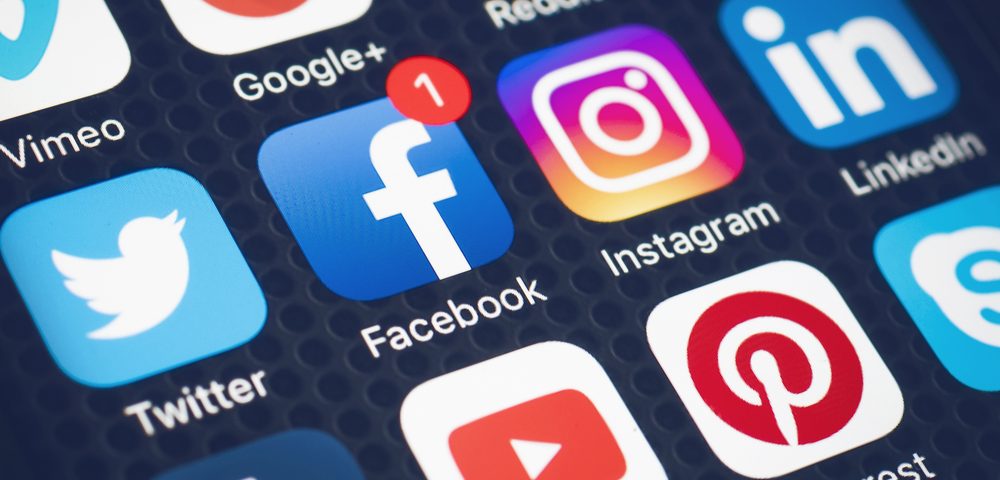-
Setting Boundaries on Social Media

Do you set boundaries for yourself with social media and online disease communities? Why or why not?
I have identified that I need to do this for myself to help with my anxiety and ability to function in my daily life.
How many of you use Facebook and see the periwinkle flame or ribbon or angel wings every time a PH patient passes away? I have hundreds of friends in the PH community so every time someone dies, these images fill my newsfeed. The loss makes me so sad.
Certainly I’ve lost close friends to disease and in those cases I enter a more natural grief process. But more often than not, I didn’t know the person outside of social media — we weren’t close friends, and yet the loss deeply affects me. I’m reminded of how close I came to death three years ago and how tenuous my health is now. I think of what my family and friends will post when I die. Do you have these thoughts as well? When the person is a close friend, I don’t worry so much about my own health, but miss my friend.
Have you noticed that people post more to social media when they are doing poorly than when they are doing well? Often we think of social media as a charade people use to make their life look better than it really is. But that doesn’t seem to be the case for people with chronic illness, or for the community as a whole.
Nobody posts an awareness ribbon when a PH patient has a good day with fewer symptoms than normal. That person probably won’t get on an online chat room to brag about their awesome day. I struggle to write columns when I’m doing well because I’m busy doing well and can’t think of anything relevant to write about. However, when I’m in the hospital or struggling with a health concern, I have ample material to write about — how sad is that?
All of this is to say, it can become really quite disheartening to be as tapped into the disease community as I am. At the same time, it’s my job to be. It gives me fulfillment to meet others with similar chronic illnesses and to offer them and their family support. Let me be clear: I never regret getting to know someone who later passed away. My life is better for having known them.
What’s really stressful for me is to follow stories of people I don’t know who are sick and dying. Does anyone else do this? I get obsessive about checking their Facebook or CaringBridge pages hoping and praying their health will improve. I worry about them, their families, my family, and me.
Even when it’s not a life-or-death situation, being active in various online groups can increase my anxiety. The other day I was scrolling through my feed and came across some messages between patients taking Prednisone and complaining of back and hip pain. I’ve been battling back and hip pain for a year now so I read further. Their pain is a result of osteoporosis, a condition I’m at increased risk for because I’m on Prednisone for life. Naturally, I made the jump and called my nurse because I had diagnosed myself with osteoporosis and wanted a bone density scan and an MRI. No, the nurse didn’t schedule me for either of those scans. But I’m still worried about it every time my hip hurts! (I’m getting an MRI somehow, don’t worry).
Wow, this is awfully long-winded. Sorry! I would love to know where you draw the line between what’s helpful from your online disease communities and what’s harmful. Given the numerous benefits I get from being active in these communities, I’m struggling to decide how to do this for myself. How do you regulate your involvement?
Log in to reply.
